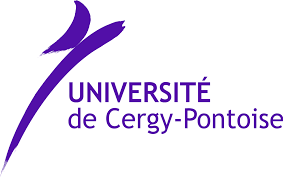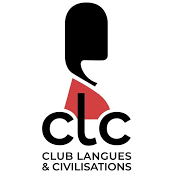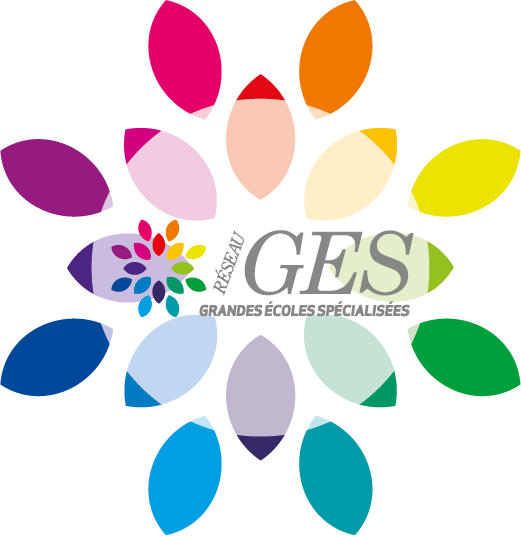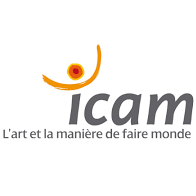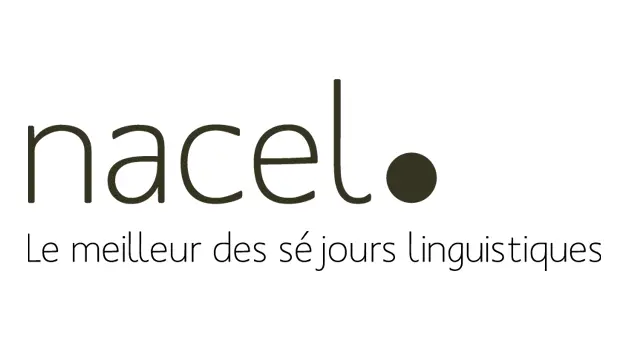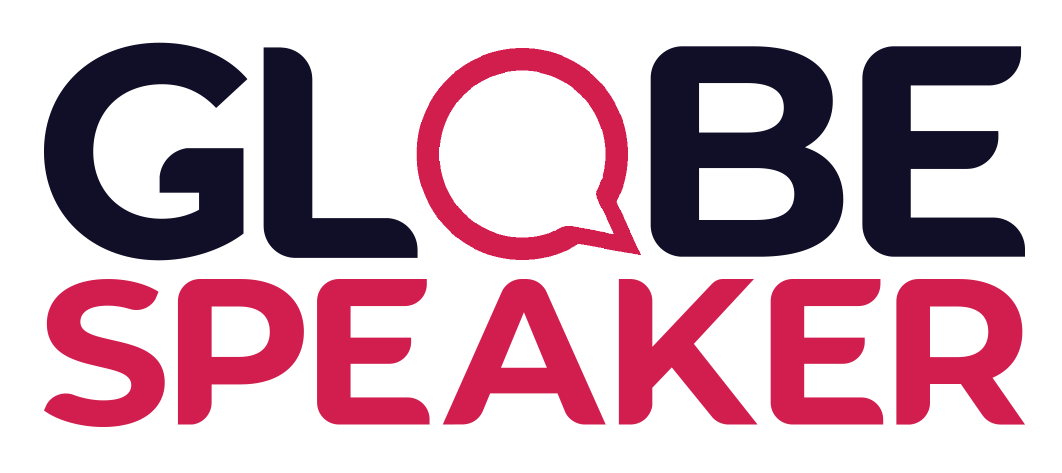
How long does it take to master Russian?
 Learn now
Learn now
Summary
of the page
>
Take into account the factors influencing learning
>
How can I learn Russian faster?
>
Time needed to learn Russian
Learn Russian is an introduction to a language spoken by over 250 million people worldwide. It is the keystone of Russia's rich culture and history, Russian is also an influential language in the fields of science, technology and literature. Learning it not only provides direct access to an impressive cultural heritage, but also but also opens up opportunities in international careers, business and research. So how long does it take to learn Russian?
Take into account the factors influencing learning
The importance of choosing the right learning method
Le succès dans l'apprentissage du russe dépend fortement de la méthode choisie. Une bonne méthode doit être claire, structurée et adaptée à votre style d'apprentissage. Que ce soit par des online Russian course ,interactive applications or traditional lessons, the choice of method can greatly influence your progress. It is advisable to look for a method that not only teaches the basics of the language, but also encourages practice and immersion.
How easy it is to learn the Cyrillic alphabet in Russian
Contrary to popular belief, the Cyrillic alphabet can be learned relatively quickly. Comprising 33 letters, many of which are familiar to speakers of languages using the Latin alphabet, the Cyrillic alphabet is often considered to be one of the first accessible milestones in learning Russian. Familiarising yourself with this alphabet is an essential and encouraging step for beginners.
The importance of preserving your natural accent in Russian
A learner's natural accent in Russian can be seen as an asset rather than an obstacle. Although correct pronunciation is important, having a distinct accent does not hinder communication and can even add charm to your expression. Native speakers often appreciate learners' efforts, even if their accent betrays their origin. So it's important not to focus too much on eliminating your accent. on eliminating your accent, but rather work on improving your comprehension and fluency in the language.
How can I learn Russian faster?
Tips on learning basic Russian words
Pour débuter, il faut savoir how to learn Russian . In our view, it is crucial to focus on learning basic words. These include common greetings, numbers, days of the week and phrases essential for everyday communication. Starting with a solid basic vocabulary builds a solid foundation for more complex conversations. Using flashcards, language learning applications or vocabulary lists can be particularly effective for memorising these essential words.
Russian language immersion techniques
Immersion is one of the most effective techniques for learning a language. For Russian, this can include listening to Russian music, watching films and series in Russian (with or without subtitles), reading books and newspapers, or even following social media accounts in Russian. reading books and newspapers, or even following social media accounts in Russian. This cultural immersion not only helps to understand the language in its natural context, but also strengthens the ability to think and react in Russian.
Regular practice for effective learning
Regular practice is the key to mastering a language. This means devoting time every day to studying Russian, whether through formal exercises, conversations with native speakers or immersion activities. immersion activities. Regular practice helps to strengthen the memory and improve linguistic fluency. It is important to vary practice methods to cover different aspects of the language, such as listening, speaking reading and writing. It's often best to find the right language-learning application so that you have practical Russian lessons with you all the time.
Time needed to learn Russian
Learning Russian, like any language, depends on a number of factors, including the approach to study and the intensity of commitment. Here is an overview of estimates of the time needed to reach an intermediate level level in Russian, based on different study methods.
Estimates of the number of hours required
According to the Common European Framework of Reference for Languages, to reach a B2 (high intermediate) level in Russian, it is estimated that a learner needs between 1,000 and 1,200 hours of guided learning. This includes both class time and independent study time, assuming that each hour of class time is supplemented by two hours of personal work.

Cours hebdomadaires : For 3-hour lessons a week, supplemented by homework and independent practice, it could take between 8 and 10 years to reach an intermediate level.
Apprentissage à l'école : With a typical school programme (around 4 hours a week, plus personal work), you can expect to reach an intermediate level in 5 to 6 years.
Étude indépendante quotidienne : It could take around 3 years if we commit to one hour of independent study a day.
Immersion totale : With total and active immersion (around 8 hours a day), it is possible to reach an intermediate level in around 3 months.
Cours en ligne et serious game Learning through online courses, complemented by serious educational games, can provide an interactive and engaging learning experience. These methods, which combine the flexibility of online courses with the the fun aspect of games, can accelerate learning. For a regular commitment of a few hours a week, supplemented by game sessions, an intermediate level can be expected to be reached in 12 to 18 months.
This method is particularly effective in maintaining interest and motivation, while reinforcing language skills in a dynamic and interactive way.
Russian: a language that takes time, but is well worth it
L'apprentissage du russe, bien qu'il puisse sembler intimidant au premier abord, est une aventure enrichissante qui ouvre la porte à une culture riche et diversifiée. Comme nous l'avons exploré, le temps nécessaire pour maîtriser cette langue varie selon la méthode d'apprentissage choisie et l'intensité de l'étude. Que ce soit à travers des cours hebdomadaires, un apprentissage à l'école, une étude indépendante, une immersion totale, ou des cours en ligne agrémentés de serious games, chaque approche offre ses propres avantages et peut être adaptée à vos besoins personnels. Le voyage pour apprendre le russe est ponctué de défis, mais aussi de moments de grande satisfaction. La clé est la régularité et l'engagement dans le processus d'apprentissage, ainsi que la volonté d'explorer et de s'immerger dans la langue et la culture russes. N'oubliez pas que chaque petit progrès est un pas de plus vers la fluidité. Nous vous encourageons à poursuivre votre parcours d'apprentissage du russe avec passion et détermination. Chaque effort que vous faites pour comprendre et parler cette belle langue vous rapproche non seulement d'une compétence linguistique précieuse, mais aussi d'une meilleure compréhension d'une culture fascinante. Bonne chance dans votre aventure linguistique, et que l'exploration de la langue russe soit une expérience joyeuse et gratifiante pour vous !
Your questions
on learning Russian
Is it hard to learn Russian?
Where is Russian spoken in the world?
How can I speak Russian quickly?
How can I learn Russian on my own?
How do you say hello in Russian?
- Доброе утро (dobroye utro) : Good morning
- Добрый день (dobriy den) : Good afternoon
- Добрый вечер (dobriy vyecher) : Good evening
- Здравствуйте (zdravstvuyte) : Hello
What is the best way to learn Russian?
Language Club
The blog that tells you everything about languages


Language Club
The blog that tells you everything about languages


All languages to learn
Certification preparation courses available

Toeic
They learned a new language with Globe Speaker





Rien à redire, super.

Florian • 24 ans
Niveau A1 à A2 - Abonnement Standard





Très compétent, bon suivi, bon site et excellente méthodologie.

Diane • 28 ans
Niveau A1 à B1 - Abonnement Premium





L'esprit du site est très bien pensé avec un itinéraire. Cela donne envie d'en savoir plus.

Marie-Anne • 41 ans
Niveau A1 à B1 - Abonnement Premium





Plateforme très pédagogique, et adaptée à tous les âges. J'ai vraiment eu l'impression d'apprendre.

Maria • 28 ans
Niveau A1 à B1 - Abonnement Premium





J'ai apprécié de travailler sur la plateforme Globe Speaker, autant de fois que je le voulais ou pouvais, ainsi qu'avec Maria pour la partie coaching.

Véronique • 41 ans
Niveau A2 à B2 - Abonnement Premium CPF















